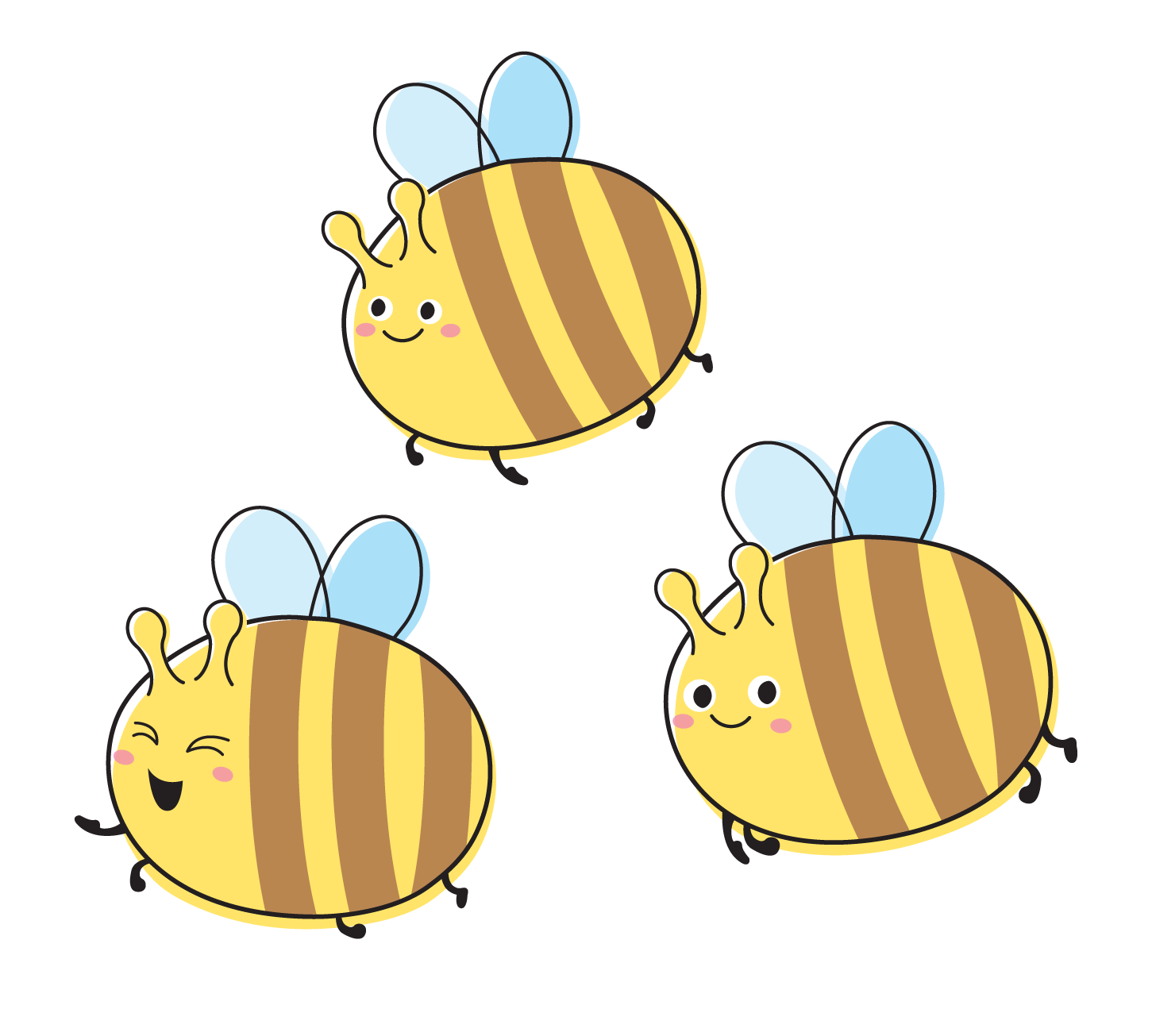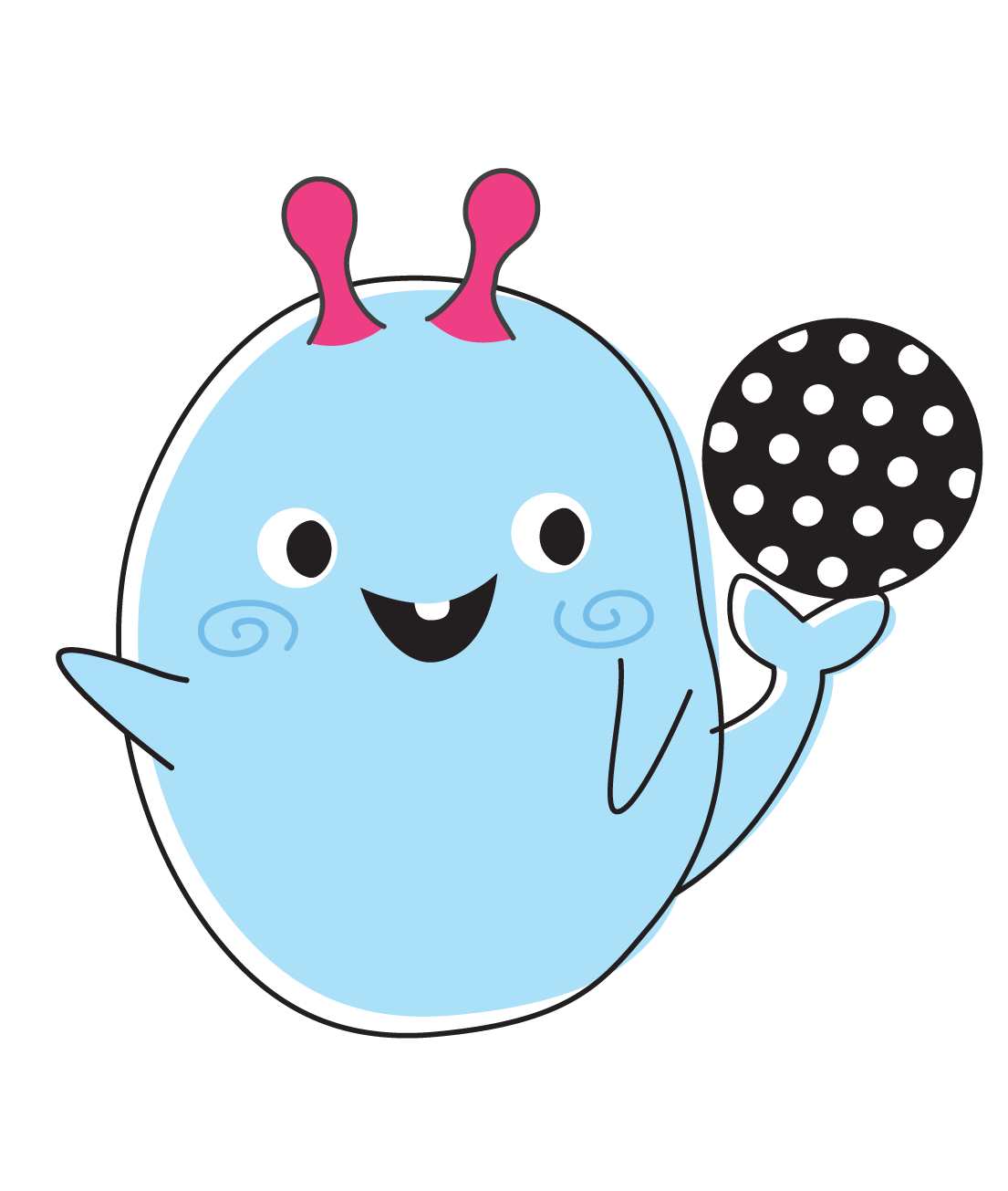Embracing Messy Exploration: Nurturing Cognitive Development in Babies and Infants
A: Messy play and exploration are essential for your child’s cognitive development. They stimulate the senses, enhance hand-eye coordination, improve dexterity, and encourage creativity and imagination. Through messy play, children learn about cause and effect, develop problem-solving skills, and strengthen their memory and concentration.
A:Creating a safe environment for messy play involves childproofing the surroundings and using non-toxic materials. Ensure that the play area is free from hazards and sharp objects. Choose age-appropriate materials and toys that are safe for your child to handle. Regularly clean and sanitize the play area and toys to maintain hygiene.
A:While it’s important to maintain hygiene, it is equally vital to allow children to explore without excessive worry. Encourage handwashing before meals and after playtime to prevent the spread of germs. Establish routines where handwashing becomes a natural part of their daily activities. By striking a balance between exploration and hygiene, you can create a healthy environment for your child.
A:Sensory exploration plays a pivotal role in cognitive development. It helps children develop spatial awareness, fine motor skills, problem-solving abilities, and critical thinking. Through sensory exploration, children make important connections in their brains, understand cause and effect, and enhance their creativity and imagination.
A: There are various activities you can incorporate into your daily routines to promote sensory exploration. Create sensory bins filled with materials like rice, beans, sand, or water beads. Take nature walks where your child can touch leaves, rocks, and flowers. Engage in art projects, cooking together, or creating sensory play stations at home to enhance cognitive development.
A:Messy play provides opportunities for social interaction and emotional development. When children engage in messy play together, they learn to share materials, take turns, and collaborate. They develop their communication skills as they describe their creations or discuss their experiences. Messy play can be a joyful way for children to bond with their peers and develop essential social skills.
A:
While it’s natural to be concerned about germs, it’s important to remember that exposure to some germs can actually strengthen your child’s immune system. Encourage regular handwashing and ensure a clean play environment. By maintaining good hygiene practices and providing a safe space for exploration, you can minimize the risk of illness while still allowing your child to benefit from messy play.
A:Messy play provides children with the freedom to explore and experiment, which stimulates their creativity and imagination. By engaging their senses and manipulating materials, children can create unique structures, artwork, and imaginative play scenarios. Messy play encourages them to think outside the box and express their ideas in creative ways.
A:
Yes, messy play is an excellent avenue for developing problem-solving skills. When children engage in hands-on exploration, they encounter challenges and learn to find solutions. They develop critical thinking as they figure out how to stack blocks, fit shapes together, or solve puzzles. Messy play allows children to experiment, take risks, and learn from their experiences.
A:It’s important to establish routines that balance exploration and hygiene. Encourage handwashing before meals and after playtime, rather than interrupting the flow of your child’s exploration. Designate specific play areas or use protective coverings to minimize mess and facilitate easier clean up. Emphasize cleanliness in food preparation areas and regularly sanitize toys and play surfaces to maintain a healthy balance.



